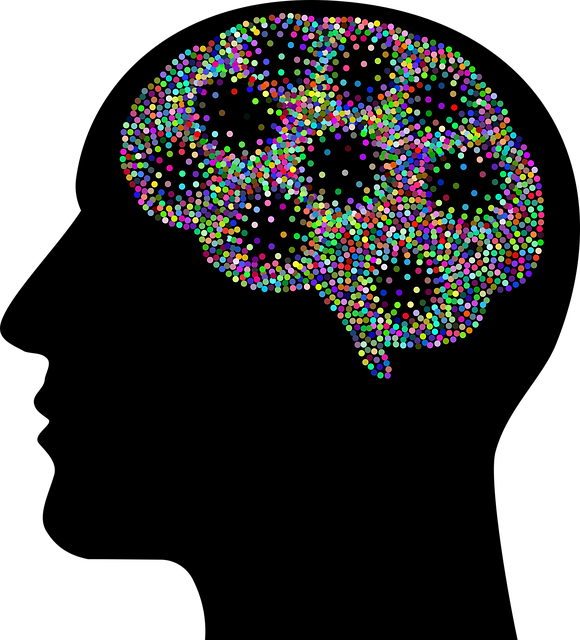Assessing needs and setting goals are crucial steps in designing effective Longmont Gender-Affirming Care Therapy programs. This involves understanding diverse community challenges, evaluating resources, and identifying knowledge gaps to tailor content. Integrating mental wellness journaling and Mind Over Matter principles promotes self-reflection, empowers participants with coping mechanisms, and builds resilience for long-term positive outcomes. Tailored interventions addressing peer dynamics, discrimination, and self-acceptance are essential for improving mental well-being and enhancing community support in Longmont.
“In Longmont, a comprehensive mental health education program is designed to address diverse community needs. By assessing local mental health landscapes and identifying target demographics—including youth, adults, and LGBTQIA+ individuals—the initiative sets goals to increase awareness, improve access to resources, and reduce stigma.
Curriculum development focuses on evidence-based practices, integrating gender-affirming care principles, and interactive sessions. This approach ensures tailored interventions for common mental health concerns. Partnerships with local schools, community centers, and healthcare providers facilitate inclusive participation. Regular assessments and feedback mechanisms measure program effectiveness, enabling adjustments to improve mental well-being outcomes.”
- Assessing Needs and Setting Goals for a Comprehensive Program
- – Understanding the community's mental health landscape in Longmont
- – Identifying target demographics and their unique challenges (e.g., youth, adults, LGBTQIA+ individuals)
Assessing Needs and Setting Goals for a Comprehensive Program

Assessing needs and setting goals are crucial steps in designing a comprehensive mental health education program, especially when focusing on specialized areas like Longmont Gender-Affirming Care Therapy. This initial phase involves understanding the unique challenges faced by the target audience. For instance, in a diverse community, cultural sensitivity in mental healthcare practice becomes an integral aspect to address. By evaluating existing resources and gauging knowledge gaps, program organizers can tailor content to cater to specific needs.
One effective strategy is integrating mental wellness journaling exercises guided by evidence-based practices. This not only promotes self-reflection but also enables individuals to track their progress. Additionally, incorporating Mind Over Matter principles can empower participants with coping mechanisms and resilience-building strategies. Through this structured approach, the program aims to foster a supportive environment, ensuring long-term positive outcomes for those seeking mental health support.
– Understanding the community's mental health landscape in Longmont

In Longmont, understanding the community’s mental health landscape requires a nuanced approach, particularly when addressing unique needs such as those associated with gender-affirming care therapy. The city, like many others, faces challenges in providing accessible and culturally competent mental health services. This is where well-designed programs can make a significant impact. By implementing a robust Community Outreach Program, focusing on initiatives like Social Skills Training and Confidence Boosting, the community can better equip individuals with the tools they need to navigate their mental health journeys.
Longmont’s diverse population calls for tailored interventions. The success of any mental health education program lies in its ability to resonate with the local culture while addressing specific concerns. Incorporating strategies that foster open dialogue about gender-affirming care, breaking down stigma, and providing practical skills can lead to improved mental well-being. This holistic approach ensures that individuals not only receive necessary therapy but also develop enhanced coping mechanisms and a stronger sense of community support.
– Identifying target demographics and their unique challenges (e.g., youth, adults, LGBTQIA+ individuals)

Understanding the unique needs of different demographics is a cornerstone when designing effective mental health education programs. For instance, youth often face pressures related to academic performance and peer dynamics, requiring age-appropriate strategies that foster resilience and coping mechanisms. Adults may grapple with work-life balance, financial stressors, or caregiving responsibilities, necessitating content that focuses on stress management workshops tailored to their lifestyle.
Additionally, Longmont Gender-Affirming Care Therapy highlights the importance of addressing the specific challenges faced by LGBTQIA+ individuals, who might experience discrimination, isolation, or struggle with self-acceptance. Incorporating emotional well-being promotion techniques sensitive to gender identity and sexual orientation ensures inclusive and impactful mental health education programs design.
In designing a comprehensive mental health education program for Longmont, it’s essential to assess the community’s unique needs and set specific goals. By understanding the mental health landscape, identifying target demographics like youth, adults, and LGBTQIA+ individuals, and incorporating tailored strategies, such as gender-affirming care therapy, we can create a supportive environment that addresses diverse challenges. This collaborative approach ensures that everyone in Longmont has access to effective mental health resources and support.














